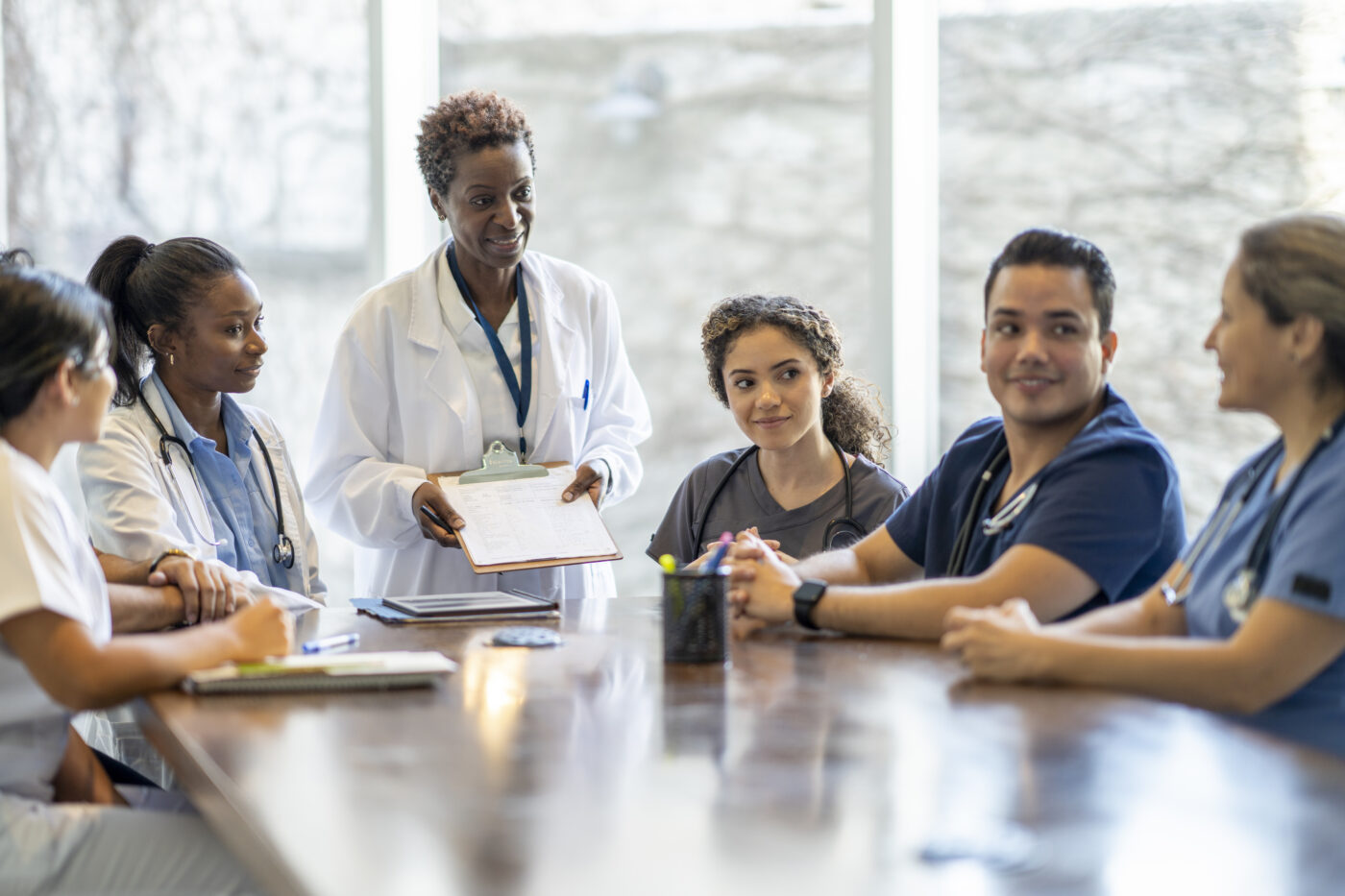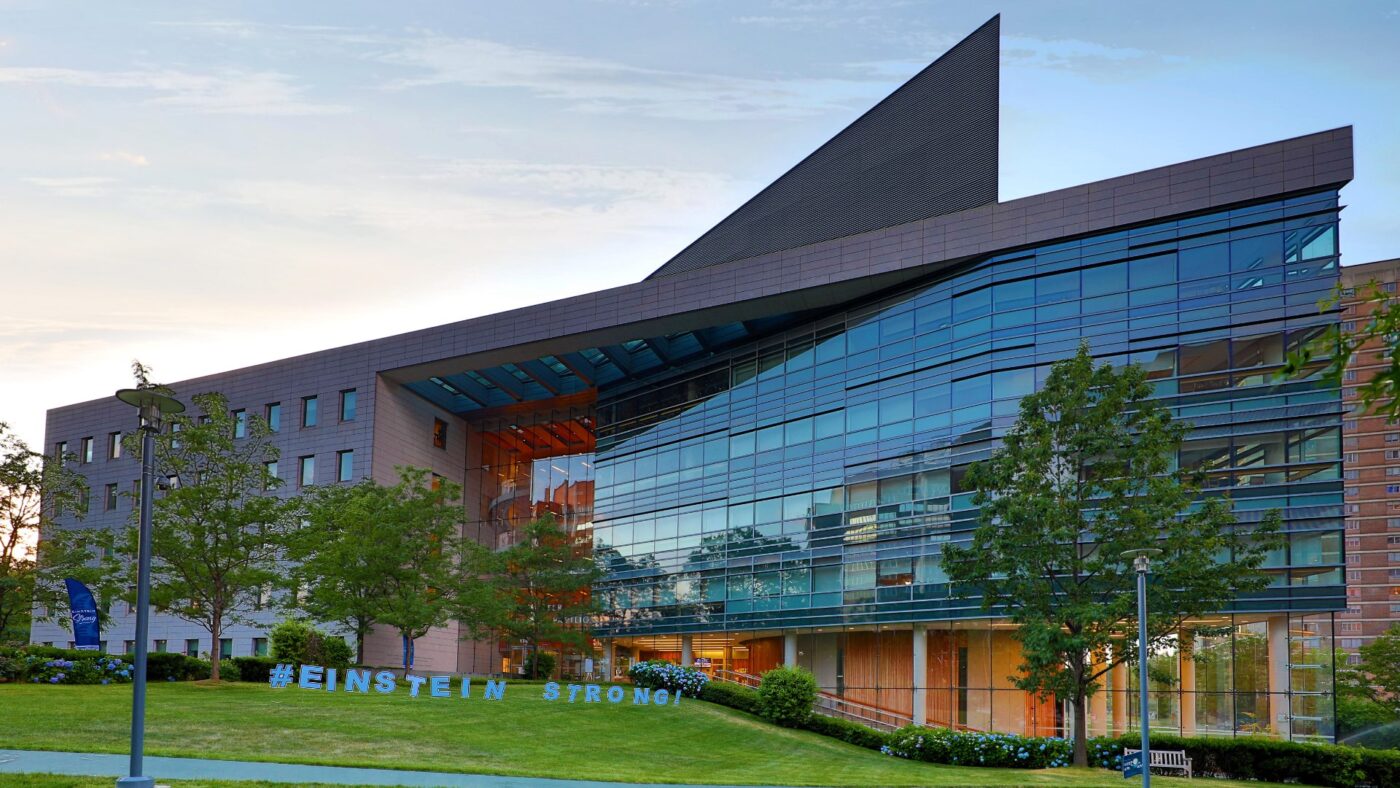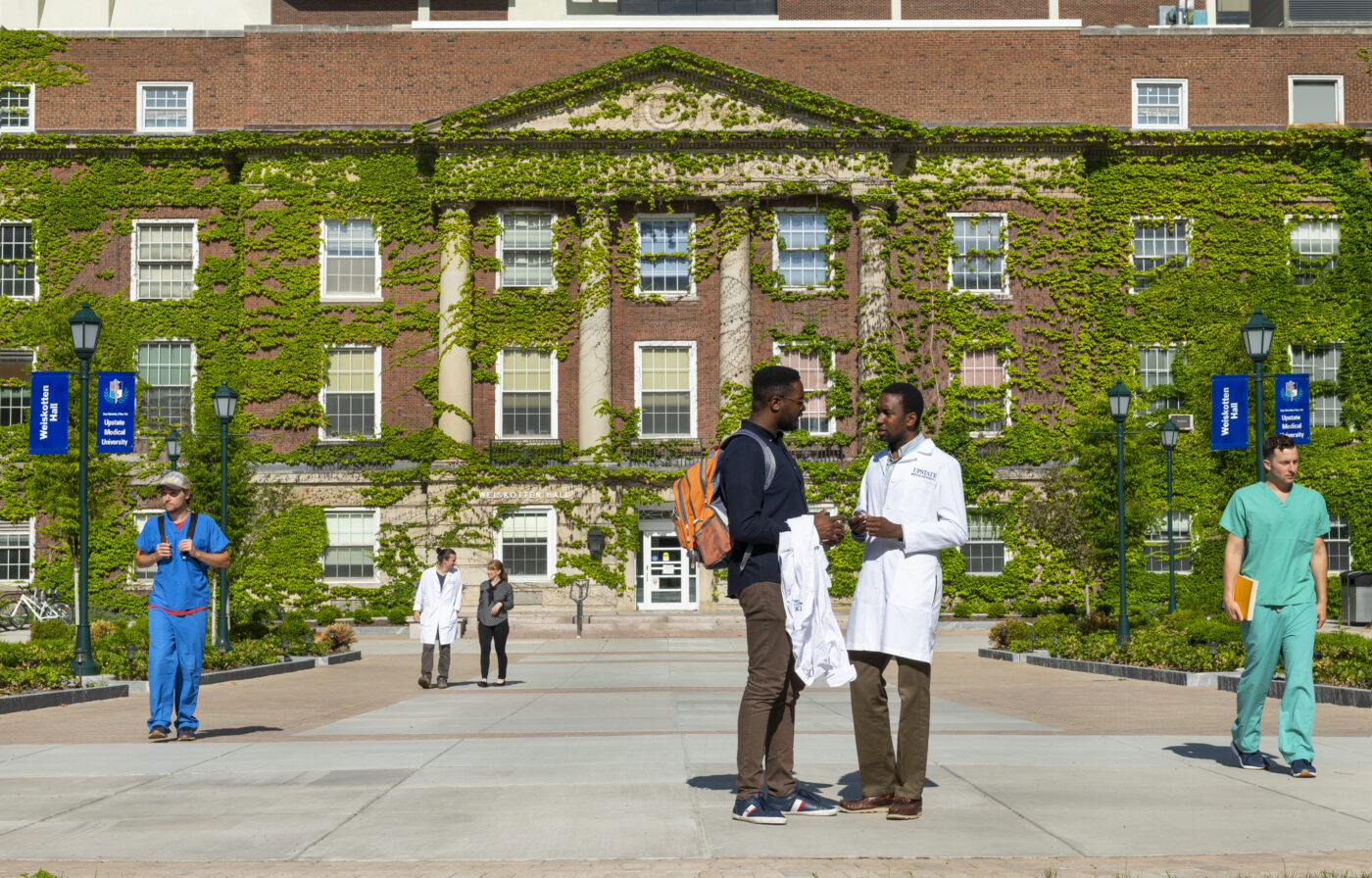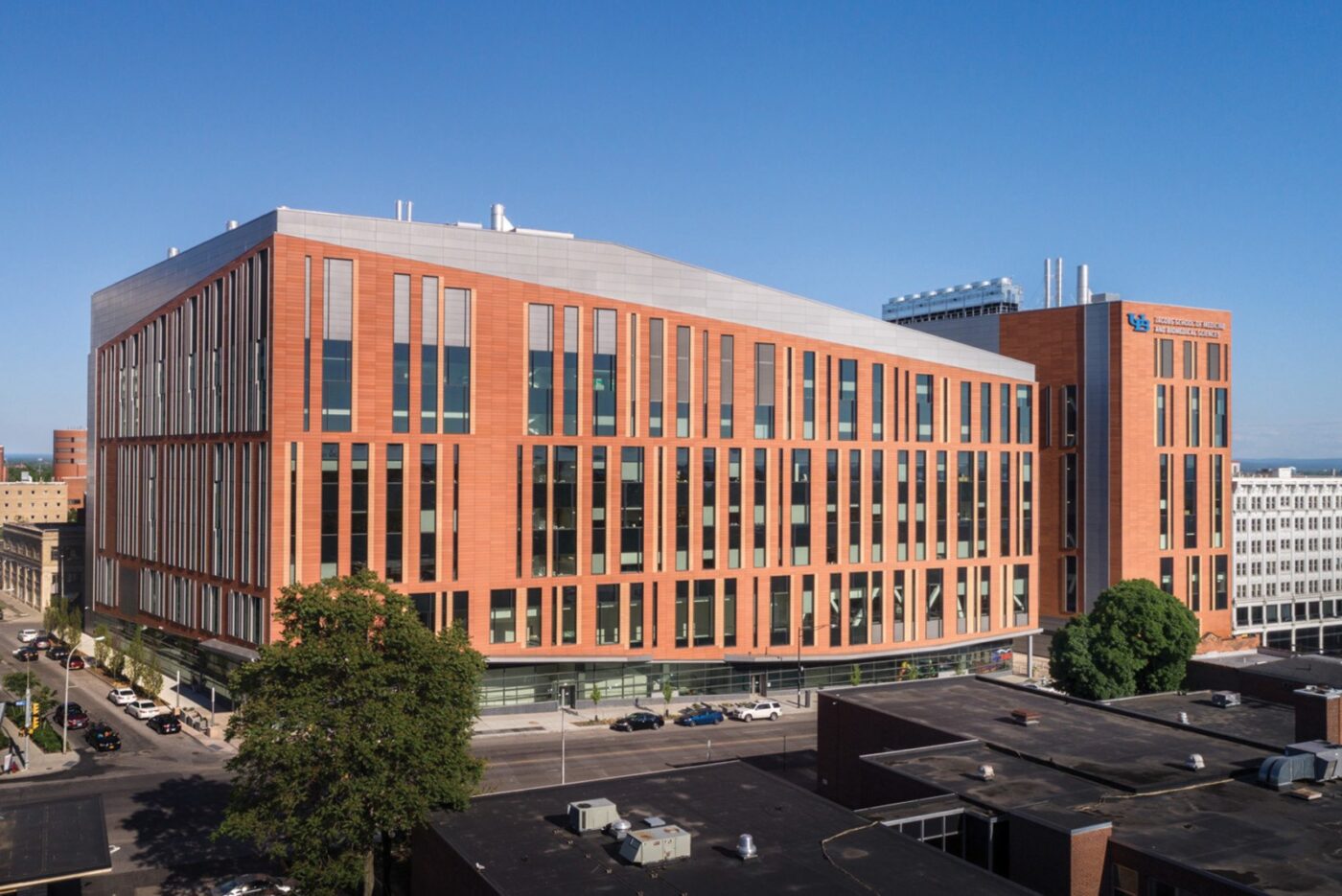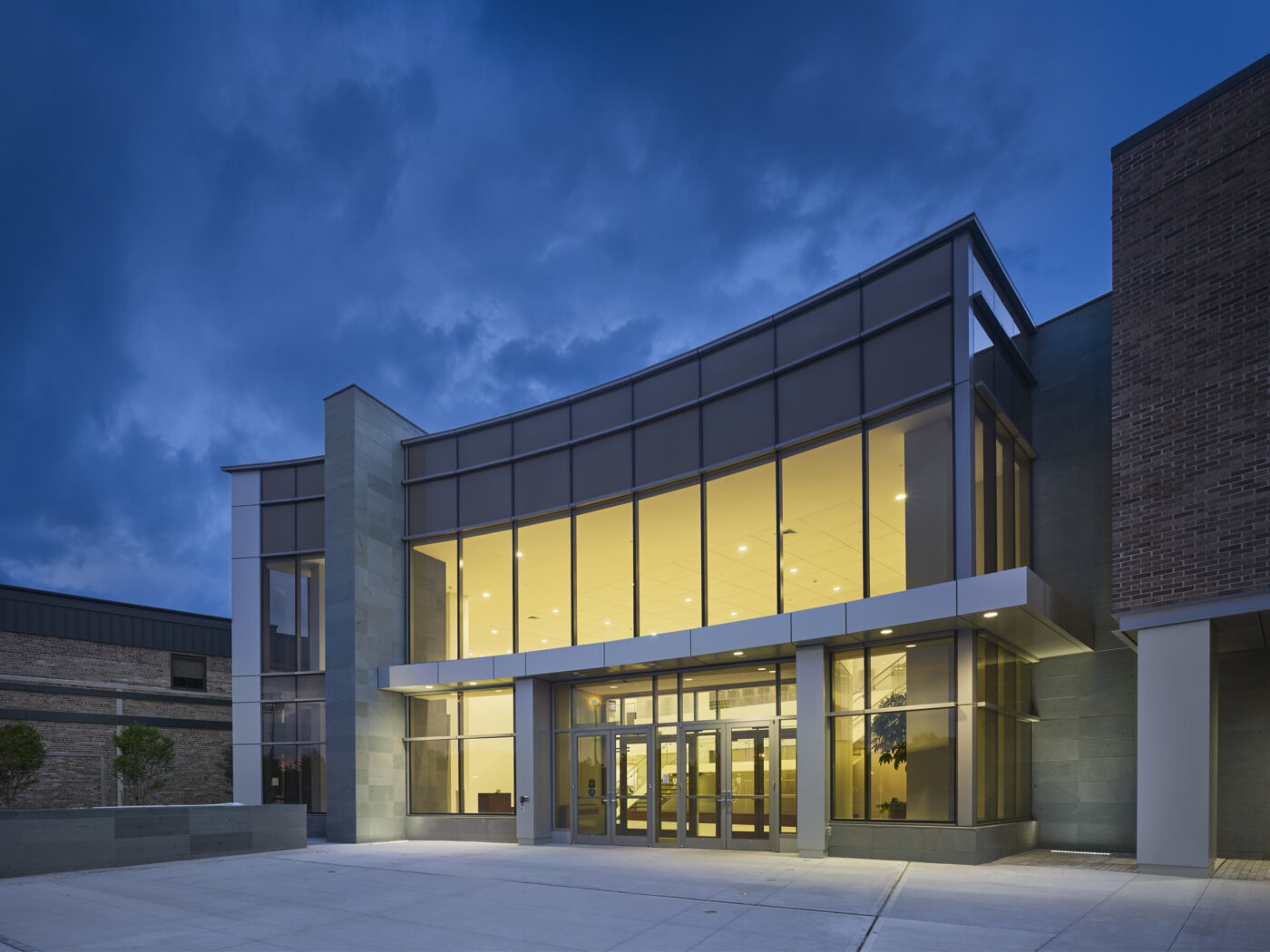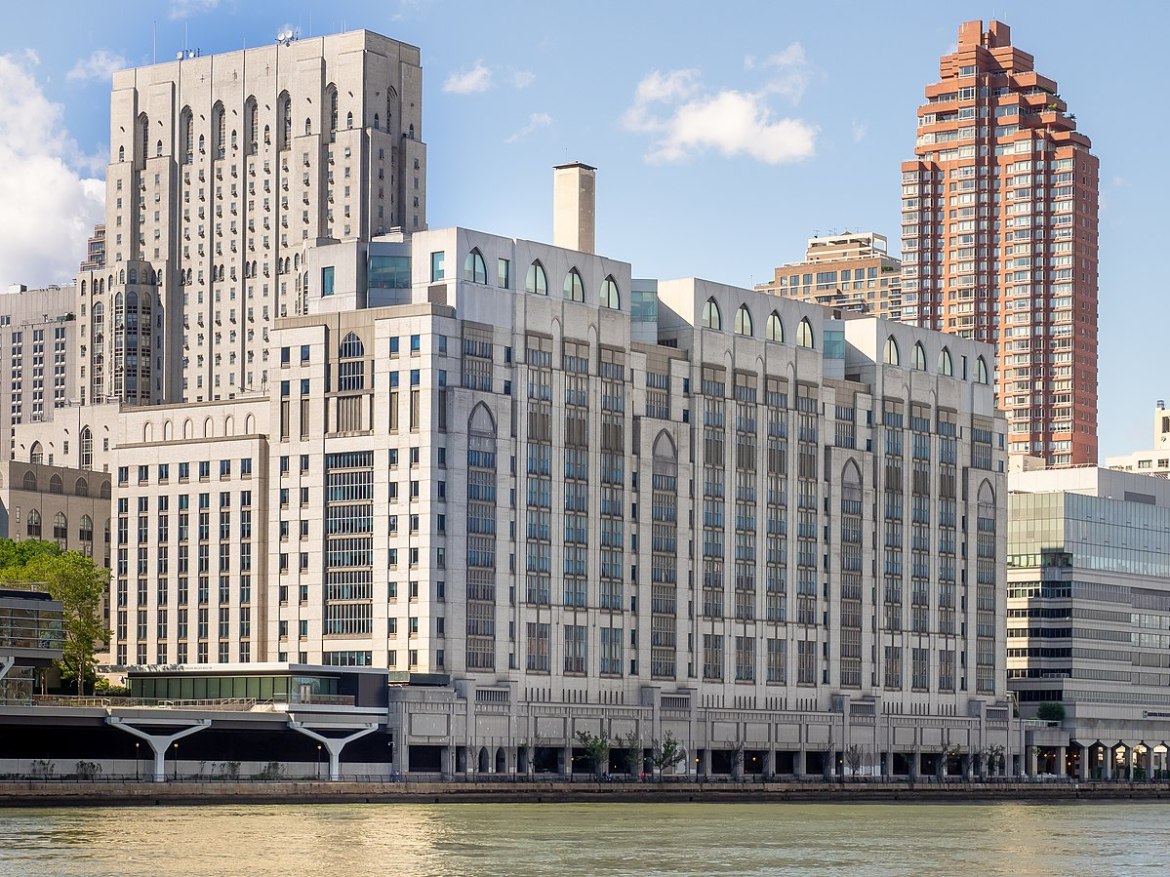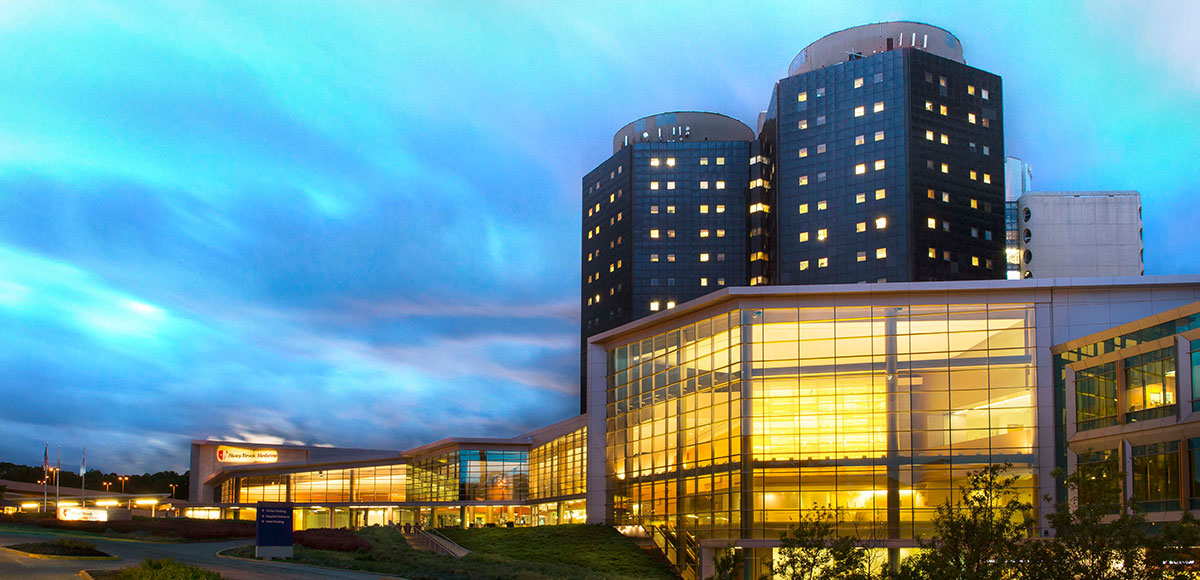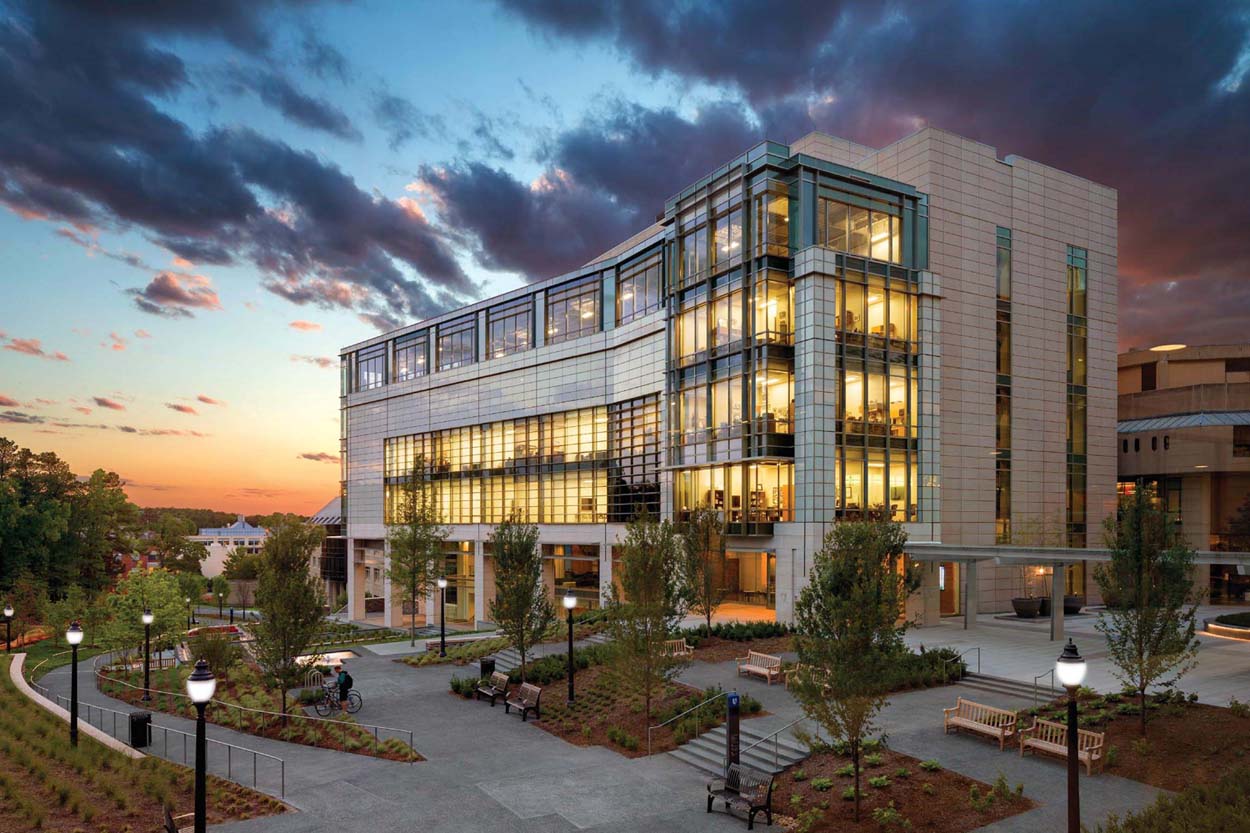Albany Medical College is one of the nation’s oldest private medical schools. Founded in 1839, with the first class of 57 students, the college takes pride in offering students with an intimate and collegial learning experience.
The college holds the following values and strives to uphold these values as students receive their education.
- Excellence and continuous improvement
- Integrity in every decision we make
- Compassion and respect for the dignity of every person
- A diverse, equitable, inclusive, and welcoming system
- Collaboration throughout our System
- Responsiveness to the people of our communities
- Fiscal accountability
Be an Informed Applicant
Albany Medical College has school-specific guidelines and requirements when it comes to its admissions and application process. To best tailor your application and ensure that you are putting your best foot forward and leaving a good impression on the admissions committee, it is crucial to understand these requirements.
This article covers:
- Albany Medical College Rankings
- Medical Programs at Albany Medical Center
- Selection Factors: What Albany Medical College Looks for in an Applicant
- Academic Requirements
- Albany Medical College Acceptance Rate, Class Profile, and More
- AMCAS Application and Albany Medical College Secondary Application
- Albany Medical College Secondary Application: Essay Prompts, Sample Answers, and Advice
- Medical School Admissions Consulting
- Voluntary Healthcare Internships
Personalized Help
At International Medical Aid, we understand that students often find themselves feeling overwhelmed by all that there is to do relating to the medical school application process. Universities have unique requirements and you must meet the requirements for each college you wish to apply to. To best help aspiring medical professionals navigate this process more easily, we recommend medical school admissions consulting.
Medical school admissions consultants are there to help students through every step of the process, or just one or two areas where they need additional guidance—whatever the case may be. Your consultant will offer helpful, constructive feedback on areas of improvement and help you submit the most competitive application possible.
Do you feel you could use some extra help and guidance? Consider enlisting the help of IMA’s personalized medical school admissions consulting service.
Why the Albany Medical College?
The Albany Medical College is a great choice for students who are seeking a college with a variety of medical departments. The Albany Medical Center is connected to the university and has many specialties such as Albany Med Neurology, Albany Med Endocrinology, Albany Med OBGYN, Albany Med Pediatrics, and Albany Family Medicine.
Albany Medical College also has connections to the Sophie Davis Biomedical Education Program at the CUNY School of Medicine. The Sophie Davis Biomedical Education Program at the CUNY School of Medicine is a 7-year BS/MD program in which students will transfer to the CUNY Medical School after completing their required 3-year Bachelor of Science.
Albany Medical College Rankings
- #1163 in Best Global Universities
- #622 in Clinical Medicine
Medical Programs at Albany Medical College
Students should thoroughly research all available medical programs at Albany Medical College before applying. This research will further aid in focusing your application and guide your decision about which medical school is the best fit for you.
The Albany Medical Center offers several medical education programs including early assurance medical programs.
MD Early Assurance Program with Union College
This early assurance medical program allows Union College students to bypass the regular application process and the MCAT. Students must apply at the end of their sophomore year, and if they are accepted, they will be guaranteed a spot at AMC two years later.
Here are the requirements for the EAP (early assurance program):
- Coursework: A minimum of two (2) of the following four (4) science sequences must be completed by the end of the sophomore year: BIO 103 and BIO 104; CHM 101 and CHM 102; PHY 110 and PHY 111; CHM 231 and CHM 232.
- Grade Point Requirement: At the time of application, students must have at least a 3.50-grade point average in biology, chemistry, physics, and math and a cumulative overall GPA of at least 3 .50. Students must earn grades of B or better in all classes.
- ACT>31 or SAT>1400
Other Programs at Albany Medical College
Albany Medical Center offers joint degree programs and a PhD program in addition to the standard MD and MD EAP.
Sophie Davis BS/MD – The Sophie Davis Biomedical Education Program at the CUNY School of Medicine is a 7-year BS/MD program that requires students to complete a 3-year Bachelor of Science before completing 4 years of medical education.
MD/PhD – This program takes about 7 years to complete. Students will spend the first 2 years under the standard medical school curriculum, after these 2 years they will begin prepping their thesis and graduate study. The final 2 years of the program are spent in hospital clerkships.
MD/MPH – The MD/MPH program is a 5-yar program in which all MPH (Master of Public Health) coursework is completed during the summers and the third year of study.
MD/MBA in Health Management – Albany Medical College and Clarkson University join to create this 5-year program. Students will receive knowledge in healthcare management and how to become a physician.
Selection Factors: What Albany Medical College Looks for in an Applicant
When applying to medical schools, one of the most essential items you should research is the school’s selection criteria. Students should be well-informed about how their MCAT scores, GPA, and other work experiences stack up to those accepted by the college.
Admissions committees generally take a holistic approach to reviewing incoming applications. This means the committee reviews your application and attempts to get the big picture idea of who you are as a person, not just how well you scored on your MCAT exam which is why it is essential to have a well-rounded application. The majority of med schools follow the AAMC Core Competencies as a general guideline for application review.
Application Requirements for Albany Medical College
Albany Medical College has specific application criteria and academic requirements that students must meet in order to be considered for acceptance.
MCAT and GPA Requirements
The lowest GPA score that Albany Medical College will accept is 3.30. The minimum accepted MCAT score is 506.
However, most entering classes of matriculants score higher in both categories. The average GPA of entering matriculants is 3.74 and the average MCAT score is 511.
Letters of Recommendation
Albany Medical College prefers letters of recommendation that are submitted by a pre-medical advisory committee. The university does accept individual letters.
The letters of recommendation should be written by someone who can accurately detail your attributes, personality, and academic abilities.
Required Coursework for Albany Medical College
Albany Medical College requires applicants to complete the following courses in order to be considered for acceptance into one of their programs.
Biology
Inorganic Chemistry
Organic Chemistry
Physics
Does Albany Medical College Require the CASPer exam?
The CASPer test is not required by all colleges but is required by some. This exam is an online test designed to assess the various non-cognitive abilities of a candidate.
As of 2023, the CASPer exam is not required as part of the application process for Albany Medical College.
Sophie Davis Acceptance Rate and Admission Statistics
The Albany Medical College acceptance rate is 1.26% overall. The college’s in-state acceptance rate is 2.79% and the out-of-state acceptance is highly competitive at only 0.95%.
Let’s review some stats from the most recent entering class at AMC.
- 13,738 Total Applicants
- 145 Matriculants
- 62% Female
- 38% Male
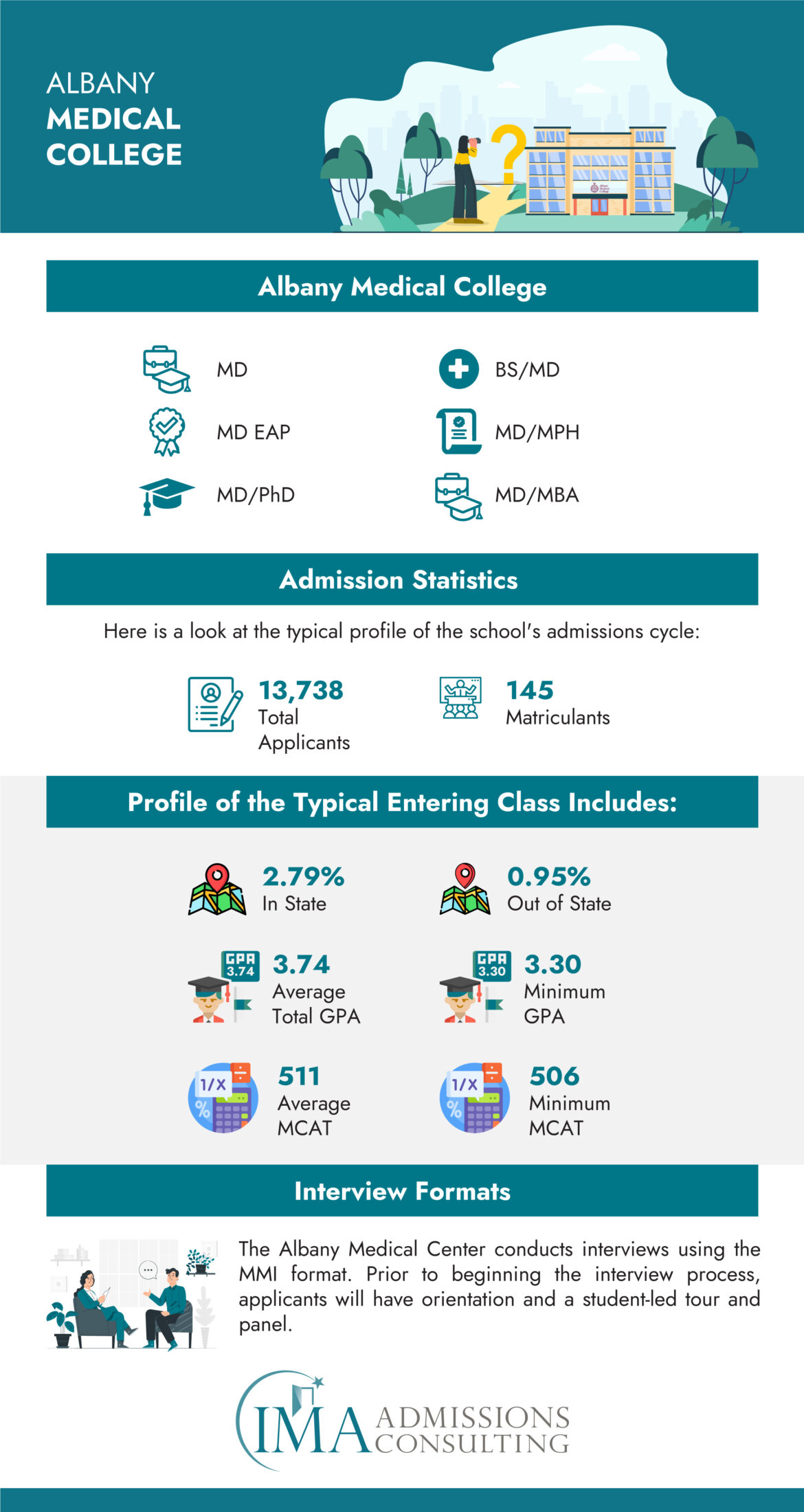
Albany Medical College Tuition and Cost of Attendance
Students who wish to attend Albany Medical Center need to budget for tuition and educational fees, but they also need to consider miscellaneous costs such as living expenses and incidentals. AMC provides a breakdown of the yearly tuition costs for their programs including the Albany Medical College PA Program.
Year 1:
- $28,992 Tuition
- $14,952 Personal and Living Expenses
- $43,944 Total
Year 2:
- $28,992 Tuition
- $14,952 Personal and Living Expenses
- $43,944 Total
Year 3:
- $28,992 Tuition
- $14,952 Personal and Living Expenses
- $43,944 Total
Year 4:
- $28,992 Tuition
- $14,952 Personal and Living Expenses
- $43,944 Total
AMCAS Primary Application and Albany Medical College Secondary Application
Most medical schools in the United States utilize the AMCAS application system. Your AMCAS is your primary application and will be sent to all of the medical schools you select. On average, you should expect it to take 4 to 6 weeks for a college to review your AMCAS application.
After the university has taken the time to review your primary application, they will send you an invitation to complete a secondary application. Secondary applications are unique to each medical school and generally contain essay prompts designed to help the admissions committee learn more about you, your values, ambitions, and motivations.
Please note that if you failed to meet any of the college’s admission criteria, such as minimum MCAT or GPA scores, prerequisites, or failure to include letters of recommendation, you will not be invited to fill out a secondary application.
For further clarification about the differences between the AMCAS primary application and a school-specific application, read this article.
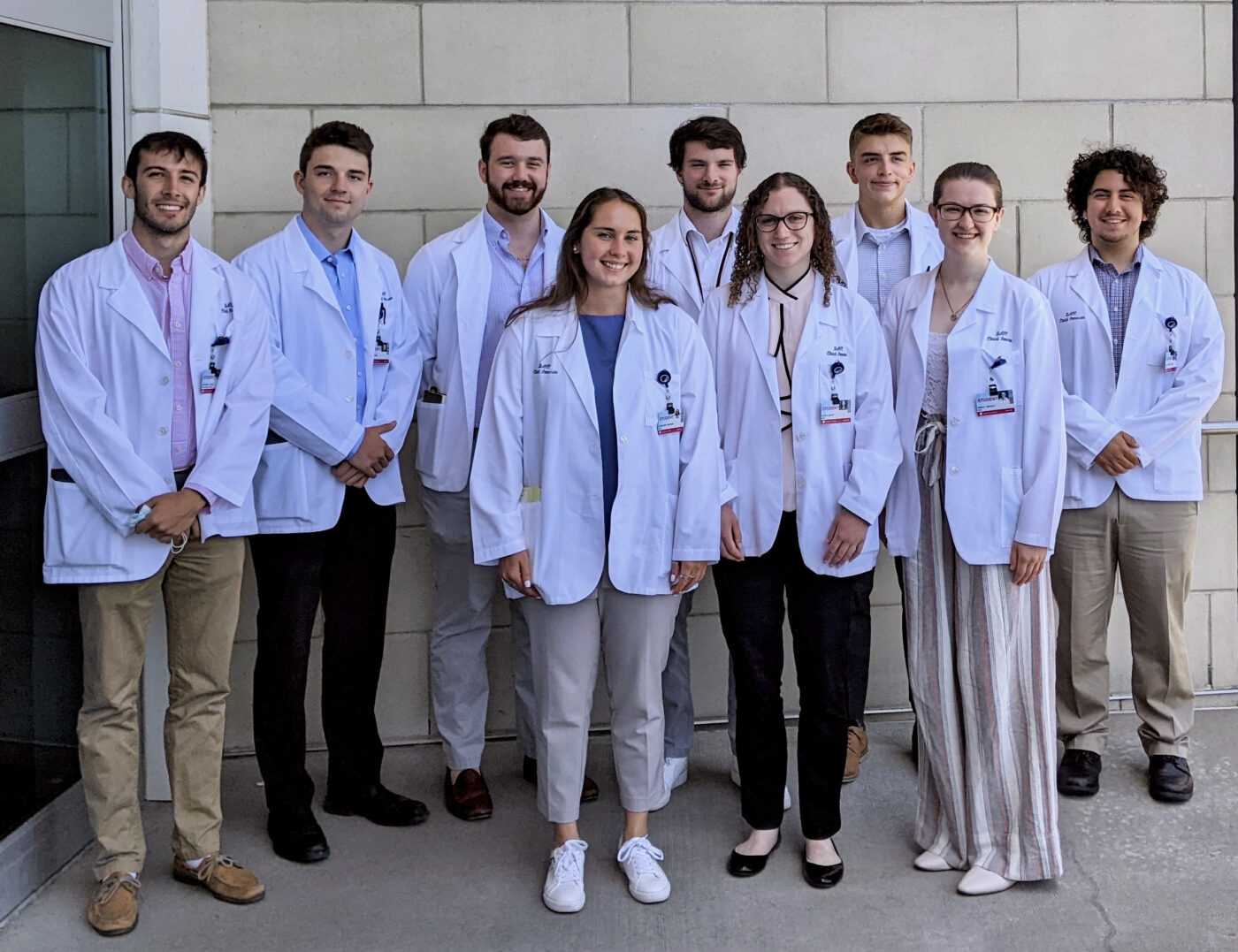
Albany Medical College Secondary Application: Essay Prompts, Sample Answers, and Advice
Secondary applications are a critical part of applying to med school. The essay prompts and questions included in the secondary application give you the chance to show the admissions committee why you are the best fit for their college and what makes you stand out. These are some helpful tips to keep in mind as you navigate secondary applications:
- Read all parts of essay prompts and questions carefully
- Supply concrete evidence from your academic, professional, or extracurricular experiences
- Do not repeat information you have already supplied in your AMCAS application
- Proofread your answers
- Write clearly and concisely
- For additional help consider utilizing our medical school admissions consulting service
The Albany Medical Center secondary application includes 7 essay prompts to allow the admissions committee to get to know you better as a candidate.
Essay #1
The COVID-19 epidemic has changed the landscape of medicine. Please tell us how the COVID-19 epidemic has changed the landscape of medicine from your perspective. (You will have an opportunity to specifically discuss impacts to your coursework/grades in a separate item.) (1,000 characters)
For this prompt, briefly explain how you think medicine and healthcare have changed (permanently or temporarily) due to the COVID-19 pandemic.
Here is a sample answer:
From my perspective, the global pandemic has changed the landscape of healthcare in a variety of ways, but primarily it has made us more reliant on digital healthcare. Digital healthcare, meaning telehealth visits and other online doctoring services, has become the newest way to seek the services of medical professionals. Many individuals became fearful of going out during the peak of the pandemic, especially to medical facilities where they may have been at an increased risk of exposure, therefore, telehealth services began popping up left and right to accommodate the needs of these patients.
However, the heavy reliance on these services, will, in my opinion, lead to an abundance of misdiagnoses as doctors cannot fully assess one’s condition through a screen and diagnostic testing is not able to be completed. While these digital healthcare channels are a great convenience to many, they likely won’t be a reliable means for treating and assessing the majority of patients.
Essay #2
If you have previously applied to medical school but were unsuccessful, how have you spent your time since then? (1,000 characters)
For this essay prompt, explain why you were not accepted into a medical program previously (lack of volunteer experiences, low test scores, etc.) and how you have spent your time since. Ideally, you should showcase that you have spent the time since last applying to further your academics, volunteer experiences, or other activities to better improve your chances of being accepted and show your dedication to the medical field.
Essay #3
Describe yourself: (1,000 characters)
When describing yourself, you want to focus on what traits, skills, or attributes you possess that will be an asset to the college and the medical field. Some traits to highlight can include compassion, kindness, determination, and resilience. These traits will aid in your future career as a physician.
Essay #4
Please explain any inconsistencies in your university, graduate, or professional school academic performance and/or MCAT scores. (1,000 characters)
Applicants who have inconsistencies in their transcripts, GPA, or MCAT scores should take this opportunity to detail the reasoning behind those inconsistencies and how they have since remedied the situation or what they have learned from it. For example, if you received a low MCAT score due to a lack of adequate preparation, but have since scheduled another test date and intend to implement a rigorous study plan, explain this to the committee to show that you’re capable of identifying a fault and making the necessary changes to improve.
Essay #5
Has your college or university, graduate or professional school attendance been interrupted for any reason? If yes, please explain. Also, please explain any gaps in your post-graduate history. (1,000 characters)
Admission committees want to see a continuous education on your transcripts and/or understand why you have gaps in your education. Oftentimes, gaps in one’s education may be through no fault of the student, and if you spent your gap time wisely, this won’t impact your chances of acceptance.
Here is a sample answer:
As my academic transcripts will reflect, I had a small gap in my education (one semester). This gap in my education was caused due to unforeseen health circumstances. My health took a decline and due to my diagnosis, I was unable to continue school while receiving medical treatment, leading me to withdraw from one semester of undergraduate school.
Essay #6
Tell us one thing about yourself that would help the Admissions Committee determine if you should be admitted to our program. (1,000 characters)
Similar to the describe yourself” prompt, you will want to highlight a skill or trait that will show the committee that you are a valuable addition to the college. What makes you unique from other candidates? What diverse background or experience do you possess that will make you a good student and physician?
Essay #7
In the “Work and Activities” section on your AMCAS application, you provided the following list of experiences. Please select the experience that you feel has been the most meaningful in influencing your desire to pursue a career in medicine, explain why, and also describe what aspect of that experience best equips you to make an impact in the medical profession. (1,000 characters)
Select any experience from your application that you feel has had the largest impact on your decision to pursue the medical field.
Here is a sample answer:
Although I have participated in a variety of volunteer experiences, the experience that has had the greatest impact on my choice to pursue the medical field is the pre-med shadowing study abroad program I participated in after completing my undergrad.
This experience allowed me to witness first-hand how doctors abroad serve their community and help patients on a day-to-day basis. Having the opportunity to shadow doctors as they treated the medically underserved solidified my choice to join the medical profession and someday also help those in rural, medically underserved areas.
Medical School Admissions Consulting
We attempt to provide the most thorough and accurate information possible for future physicians. Applying to and getting into medical school is a difficult process, and we understand how overwhelming the experience can be.
One of the best ways to ensure your application process goes smoothly and your application is as competitive as possible is by enlisting the professional help of IMA’s medical admissions consulting service.
Students who are interested in learning more about this service should schedule a consultation with International Medical Aid.
Voluntary Healthcare Internships
Our intense, patient-facing pre-med shadowing study abroad programs help students gain hands-on clinical experience. These internships take place in a variety of locations such as East Africa, South America, and the Caribbean. You will gain real-life experience as you shadow doctors and help the medically underserved. Not to mention that these internships help make your application for medical school competitive and help you stand out.
Good Luck!
We want to wish you the best of luck in your journey of applying to medical schools and your future career in medicine. The key to succeeding is taking your time, developing an application strategy, and seeking help when you need it.
If you feel you need additional personalized help, contact IMA and get guidance from one of our medical admission consultants.
Are you considering applying to other New York medical colleges or maybe you want to know how AMC stacks up to other colleges? Don’t forget to check out the other ultimate medical school guides on IMA’s website, especially if you’ve been asking yourself what are the best medical schools near me.
- Norton College of Medicine at Upstate Medical University
- Jacobs School of Medicine at the University at Buffalo
- Hofstra Zucker School of Medicine
- Weill Medical College of Cornell University
- University of Rochester Medical School
- Icahn School of Medicine at Mount Sinai
- Renaissance School of Medicine at Stony Brook University
- Albert Einstein College of Medicine
- Ohio University Heritage College of Osteopathic Medicine
- Northeast Ohio Medical University (NEOMED)
- University of Cincinnati College of Medicine
- University of Toledo College of Medicine
- Wright State University Boonshoft School of Medicine
- Ohio State University College of Medicine
- Rowan University School of Osteopathic Medicine
- Hackensack Meridian School of Medicine (HMSOM)
- Rutgers New Jersey Medical School (NJMS)
- Rutgers Robert Wood Johnson Medical School
- Cooper Medical School of Rowan University (CMSRU)
- A.T. Still University Kirksville College of Osteopathic Medicine
- Saint Louis University School of Medicine
- University of Missouri Medical School
- Kansas City University (KCU)
- UMKC School of Medicine
- New York Medical College
- University of Pittsburgh School of Medicine
- University of Wisconsin Medical School
- VCU School of Medicine
- University of Maryland School of Medicine
- Case Western Medical School
- University of North Carolina Medical School
- University of Florida Medical School
- Emory University School of Medicine
- Boston University College of Medicine
- California University of Science and Medicine
- UC San Diego Medical School
- California Northstate University College of Medicine
- Touro University of California
- CHSU College of Osteopathic Medicine
- UC Davis School of Medicine
- Harvard Medical School
- UC Riverside School of Medicine
- USC Keck School of Medicine
- UT Southwestern Medical School
- Long School of Medicine at UT Health San Antonio
- University of the Incarnate Word School of Osteopathic Medicine
- UT Austin’s Dell Medical School
- UTMB School of Medicine
- McGovern Medical School at UT Health
- Johns Hopkins School of Medicine
- McGovern Medical School at UT Health
- The University of Texas Rio Grande Valley School of Medicine
- UNT Texas College of Osteopathic Medicine
- University of Houston College of Medicine
- Texas A&M College of Medicine
- Johns Hopkins Medical School
- Baylor College of Medicine
- George Washington University School of Medicine
- Vanderbilt University School of Medicine
- St. George’s University School of Medicine
- Lake Erie College of Osteopathic Medicine (in Pennsylvania)
- Sidney Kimmel Medical College at Thomas Jefferson University
- Wake Forest University School of Medicine
- Western University of Health Sciences (in California)
- Drexel University College of Medicine
- Stritch School of Medicine at Loyola University Chicago
- Georgetown University School of Medicine
- Yale School of Medicine
- Perelman School of Medicine
- UCLA Medical School
- NYU Medical School
- Washington University School of Medicine
- Brown Medical School


